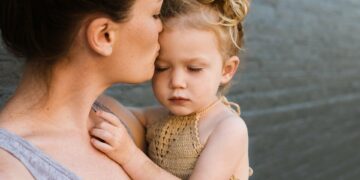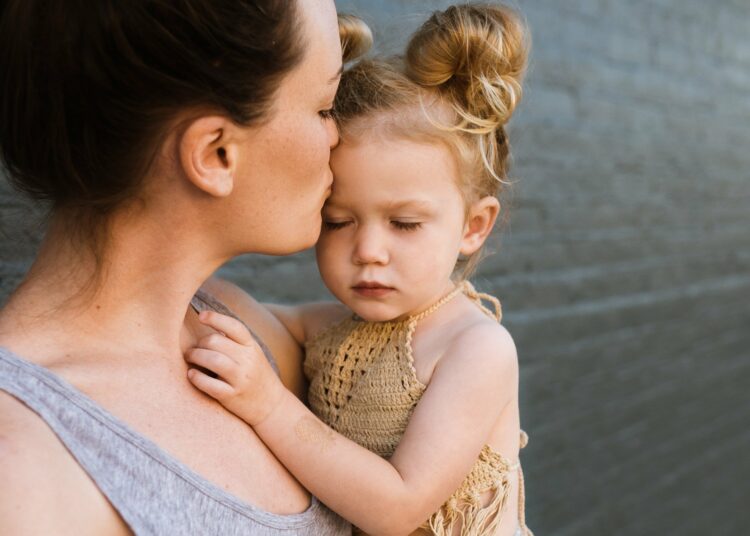On the occasion of International Women’s Day on March 8, 2020, the International Organization for the Family celebrates women’s rights as anchored in what the American Declaration of Independence calls the Creator-endowed unalienable rights of “life, liberty and the pursuit of happiness.” The right to life for every woman begins before birth, as declared by the United Nations’ Convention on the Rights of the Child: every child “needs special safeguards and care, including appropriate legal protection, before as well as after birth.”
Protecting women after birth is equally urgent. “There is no trust more sacred than the one the world holds with children,” stated Secretary-General Kofi Annan. That trust is best kept by what the CRC calls “the family, as the fundamental group of society and the natural environment for the growth and well-being of all its members and particularly children…. [T]he child, for the full and harmonious development of his or her personality, should grow up in a family environment, in an atmosphere of happiness, love and understanding.”
The “natural” family environment—echoing the description of the family in the Universal Declaration of Human Rights as “the natural and fundamental group unit of society”—presupposes a mother, whose role, in the words of Secretary-General Ban Ki-moon, “is vital for the healthy development of children…. We face multiple challenges in our changing world, but one factor remains constant: the timeless importance of mothers and their invaluable contribution to raising the next generation.” The other component of the natural family environment was emphasized by President Ronald Reagan: “Fathers play an indispensable role in forming vital, whole families. They serve as models and guides for their sons and daughters and help to pass on to the next generation the heritage of our civilization.”
Together, “the roles of a father and a mother” in marital union constitute what Michael Novak calls “the absolutely critical center of social force,” or, in the words of Pope Francis, “a unique, natural, fundamental and beautiful good for people, families, communities and societies.” And “at the root of marriage and family,” he continues, is “the complementarity of man and woman,” answering the right of children “to grow up in a family with a father and a mother capable of creating a suitable environment for the child’s growth and emotional development.” In other words, man and woman are endowed with equal rights but distinct gifts marvelously designed to work in concert for the benefit of themselves, their children, and society as a whole. No wonder the UDHR recognizes the natural family as the only group unit intrinsically possessing rights and meriting the protection of society and the State.
Ironically, some of the greatest threats to the natural family—and therefore to the rights of women—come in the form of policies purporting to protect women’s rights. “In our day,” declared Pope Francis, “marriage and the family are in crisis” due to a “revolution in manners and morals [that] has often flown the flag of freedom, but in fact… has brought spiritual and material devastation to countless human beings, especially the poorest and most vulnerable. Evidence is mounting that the decline of the marriage culture is associated with increased poverty and a host of other social ills, disproportionately affecting women, children, and the elderly.”
We call for protection of the rights of women both before and after birth, including defense of the natural family as their best refuge growing up; for the rejection of any policy proposal flying the false flag of freedom but actually undermining the rights of women; and for the implementation of the UDHR provision that “Motherhood and childhood are entitled to special care and assistance.” At stake is the future not just of women but of the children they nourish and the society they build.




















Discussion about this post